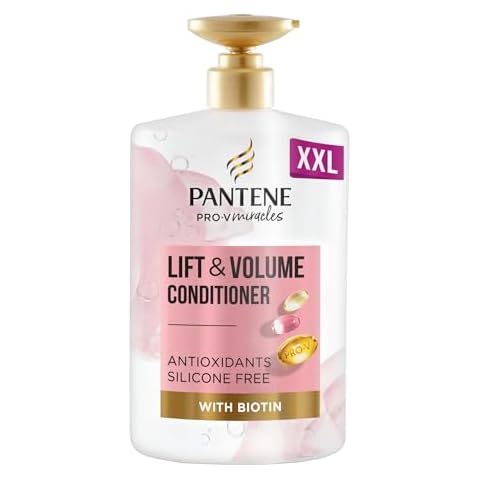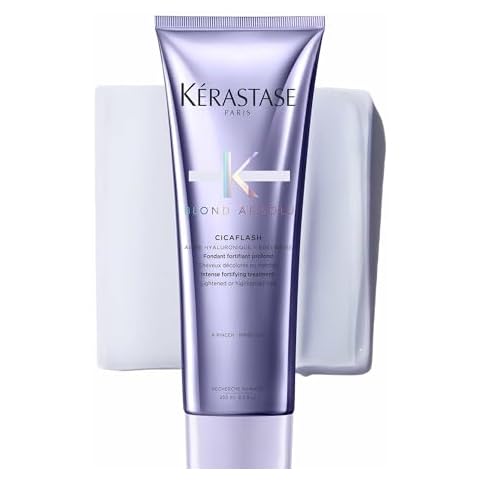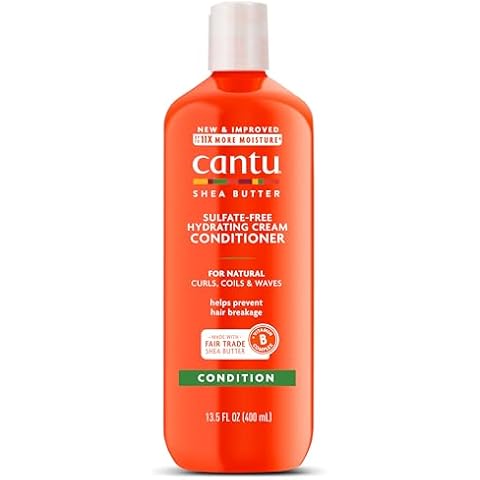Tips for Finding the Best Hair Conditioners
Factors to Consider when Choosing Hair Conditioners
Hair Type
Consider your hair type when selecting a conditioner. Different conditioners are formulated for specific hair types, such as dry, oily, damaged, or colour-treated hair. Understanding your hair type will help you choose a conditioner that addresses your specific needs and provides the best results.
Conditioning Ingredients
Look for conditioners that contain nourishing ingredients to help improve the overall health and appearance of your hair. Ingredients like natural oils, shea butter, argan oil, and aloe vera can provide hydration, repair damaged hair, and add shine. Avoid conditioners that contain harsh chemicals or sulfates, as these can strip the hair of its natural oils and cause further damage.
Moisturizing Properties
The primary purpose of a conditioner is to moisturise and hydrate the hair. Consider conditioners that provide deep hydration to prevent dryness and frizz. Look for ingredients like glycerin, panthenol, or hyaluronic acid, which help retain moisture in the hair shaft and keep it soft and manageable.
Detangling Abilities
If you struggle with tangled hair, choose a conditioner that offers detangling properties. Look for conditioners that provide slip and make it easier to comb through wet hair. Ingredients like silicone can help smooth the hair cuticles and reduce friction, making it easier to detangle without causing breakage.
Fragrance and Texture
Consider your personal preferences when it comes to fragrance and texture. Some conditioners have a strong scent, while others are more subtle. Similarly, the texture of the conditioner can vary from lightweight to richer formulas. Experiment with different options to find a conditioner that not only works well for your hair but also appeals to your senses.
Frequently Asked Questions (FAQs)
1. How do I choose conditioner for thin hair?
When choosing a conditioner for thin hair, look for lightweight formulas that won't weigh down your hair. Opt for products that are specifically designed for fine or thin hair, as they tend to provide volume and lift. Avoid heavy or creamy conditioners that can make your hair look flat. Additionally, choose a conditioner that is moisturizing to keep your hair hydrated without adding excess weight.
2. Can we use conditioner daily?
It is generally safe to use conditioner daily, as long as you choose a product that is suitable for your hair type and does not weigh it down. However, some people may find that using conditioner every day can make their hair greasy or heavy. It is best to experiment and find a routine that works for your hair.
3. Can we apply conditioner without shampoo?
Yes, it is possible to apply conditioner without shampoo. Conditioner is designed to moisturize and nourish the hair, while shampoo is used to cleanse the scalp and remove dirt and excess oil. However, using conditioner without shampoo may not effectively remove all the buildup on the scalp, so it is generally recommended to use both products for optimal hair care.
4. Should we wash hair after applying conditioner?
It is generally recommended to rinse out the conditioner after applying it to the hair. Conditioner is designed to moisturize and nourish the hair, and leaving it in for too long can make the hair appear greasy or weighed down. However, some leave-in conditioners are specifically formulated to be left in the hair without rinsing. It is best to follow the instructions on the specific product being used.
Editor's Notes
During our hair conditioner research, we found 306 hair conditioner products and shortlisted 10 quality products. We collected and analyzed 281,869 customer reviews through our big data system to write the hair conditioners list. We found that most customers choose hair conditioners with an average price of £4.81.
The hair conditioners are available for purchase. We have researched hundreds of brands and picked the top brands of hair conditioners, including Pantene, milk_shake, WELLA, Faith In Nature, OGX.
Charlotte Powell is a dermatologist and a licensed cosmetologist from Westminster, London. However, she was first a cosmetologist from London Beauty Training School. According to Charlotte, she needed better insight into the human skin, hence the dermatology degree. Long before she acquired her degree, she wrote and edited articles, eBooks, and editorials for companies and websites. Charlotte combines her skill and knowledge in providing DIY Beauty tips amongst other fashion related topics.









